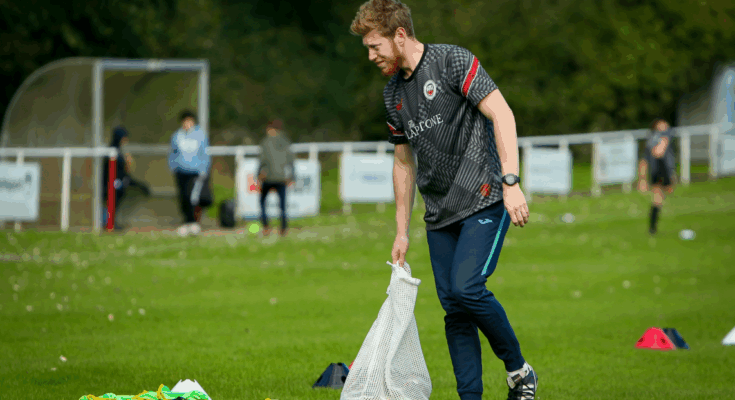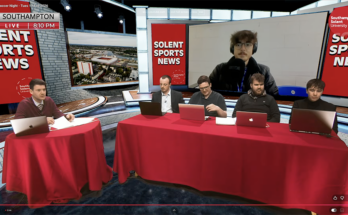Now known across the board as Autistic Spectrum Disorder, how autistic individuals ‘should’ and choose to refer to themselves has changed over time. “We’re still humans,” Matt Graves tells me confidently. ‘Human’ seems like a good starting identifier.
Autistic Spectrum Disorder is a neurological and developmental disorder that affects how people interact with others, communicate, learn and behave.
At age 21, Graves was diagnosed with ASD before he started studying for his Master’s degree at Solent University, after graduating with a Bachelor’s degree in Football Studies.
“My diagnosis was done in less than six months, just because of how old I was, where I was in my education, and my friend’s mum being a doctor. I was going through the thinking process of, ‘how has the education system missed this?’
“Well, the education system has failed you,” were the words of his friend’s mum. “Let’s get this done properly now and let’s get you an answer before you start your next academic year.”
In a constantly evolving world of haze and confusion, few things remain black and white, and sport is a safe space for clear dichotomous thinking, which is a common trait of ASD. It is defined as the tendency to think in a binary way – this is this and that is that. Scoring a goal is good. Referee abuse is bad. Fast is about ‘x’ metres per second.
The routine and structure that comes with sport can be a haven.
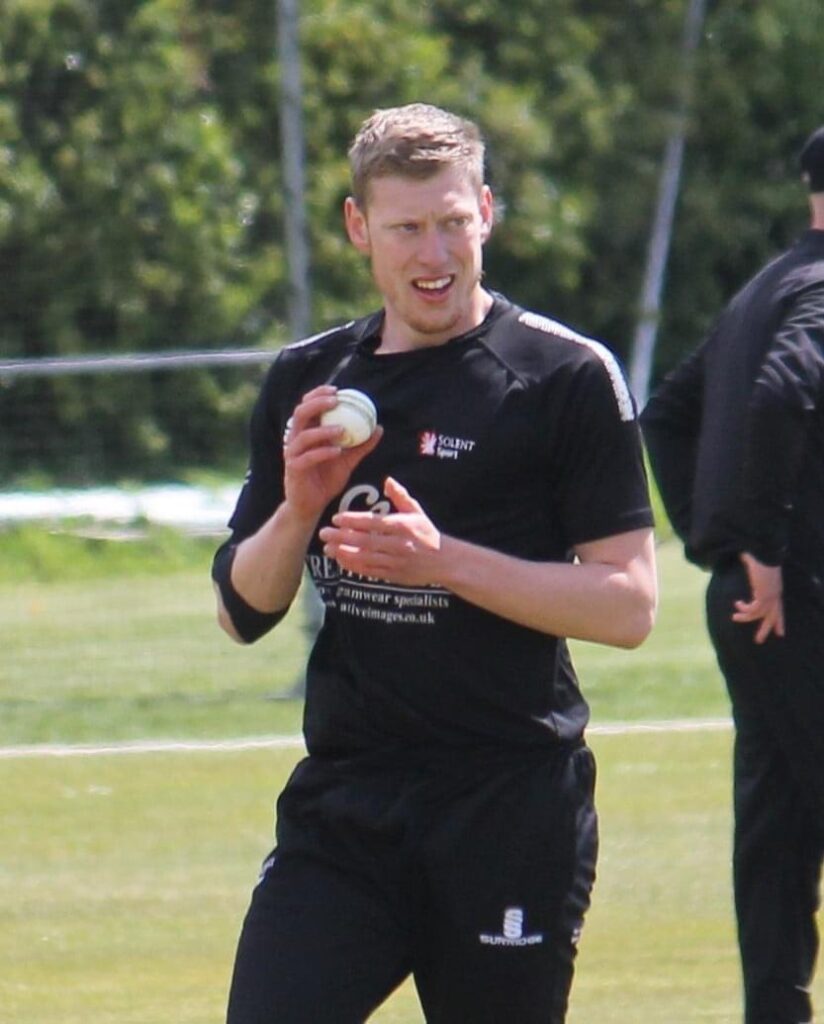
“I did a lot of sports growing up – judo, cricket, football and rugby. When I was 14, I stopped playing football and really started to specialise in cricket.”
In his teens and early adulthood, Matt was a bowler and batsman for the St. Cross and Ifield cricket clubs, and he also represented Solent University during his Bachelor’s studies. No matter who he was representing, he set the same pre-match routines for himself: one shoe, then one shoe, this pad, then that pad.
“My routines and superstitions within cricket were just what my brain needed to do to ground myself in what was going on. It wasn’t just a little quirky thing. It was my ASD.”
Consistent routine helps to structure an otherwise confusing and overwhelming world, with a society that still struggles to grasp the reality of what neurodivergence is, especially for adults. The Other Autism, a podcast hosted by Kristen Hovet, identified in 2020 that only 1 in 100 adults were able to access an ASD diagnosis compared to 1 in 60 children.
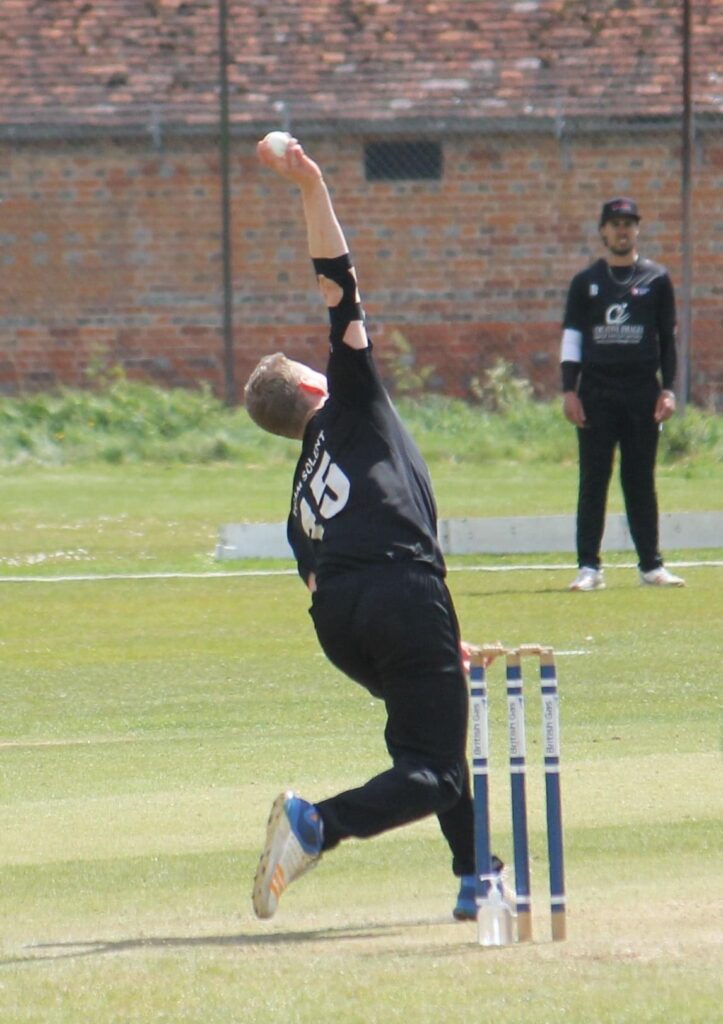
Additionally, many female autistics lived with misdiagnoses such as post-traumatic stress disorder, anxiety, depression or mood disorders. Autistic anxiety can derive from sensory issues that can trigger panic either before, during or after exposure to strong or overlapping stimuli. After all, no-one likes being in pain.
Many autistic individuals can identify every slight sound, smell or movement within a room, and they overlap to create a flooded overload of information. Processing and disregarding what is irrelevant and unimportant, whilst simultaneously doing what everyday people do, can be very exhausting especially for a high-masker. Masking is when a neurodivergent individual conceals their thinking and mannerisms, for example their ‘stims’.
Stimming is repetitive actions that bring stress relief and control, usually to aid them in eventually fitting in with their surroundings. Some stims include: head nodding, humming, repeating particular sounds, walking on tip-toes, skin-picking and other forms of sensory-seeking behaviour.
It can’t be denied that sport creates an opportunity for socialisation, not just mixing with different people, but crucially learning and understanding behaviours deemed acceptable to society. It is also where athletes can be deemed good or bad by objective measures.
“I think even now, and I’ve gone away from cricket since, I do kind of worry about that label, and I worry about it with my coaching.”
Graves is an experienced FA Women’s National League coach, having worked in both Tiers 3 and 4. Before he made the move to Southampton, he and his family were all involved at Crawley Wasps. They were unbeaten in the 2017/18 season and won promotion to the FA Women’s National League. They also reached the Sussex Cup and League Cup finals that year.
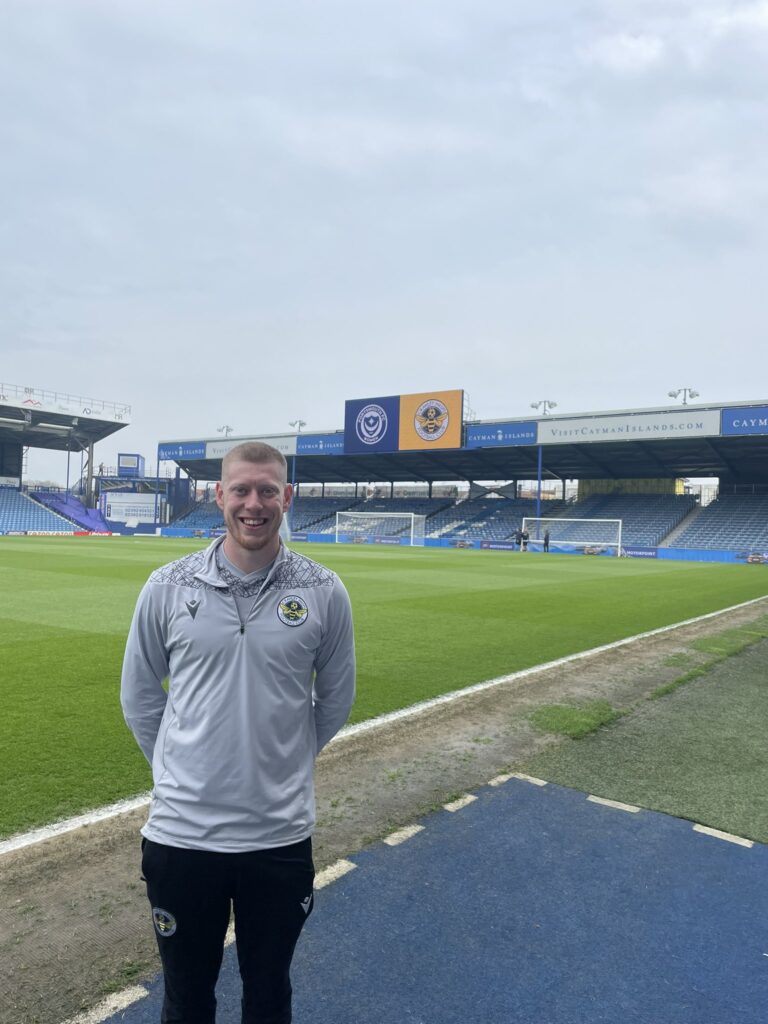
Graves then joined Southampton Women’s Football Club as an assistant coach, before taking on the managerial position for the Reserves side. He and assistant manager Sam Cox saved the team from relegation after signing four new players and finishing the season unbeaten. During his Master’s studies, he returned to Wasps (now Haywards Heath Town FC), before coming back to Southampton as a First Team coach under Jamie Lloyd Davies.
At Southampton, Graves mentioned the high level of support he received from fellow staff and his players: “When you’re growing up, being autistic was used as an insult, so I kept it kind of quiet and hidden to start with.
“But then actually, the more I spoke about it, people said ‘okay, you’re autistic but you’re still Matt’. It was nice to have myself first and my diagnosis be way down on the list of what people saw of me.”
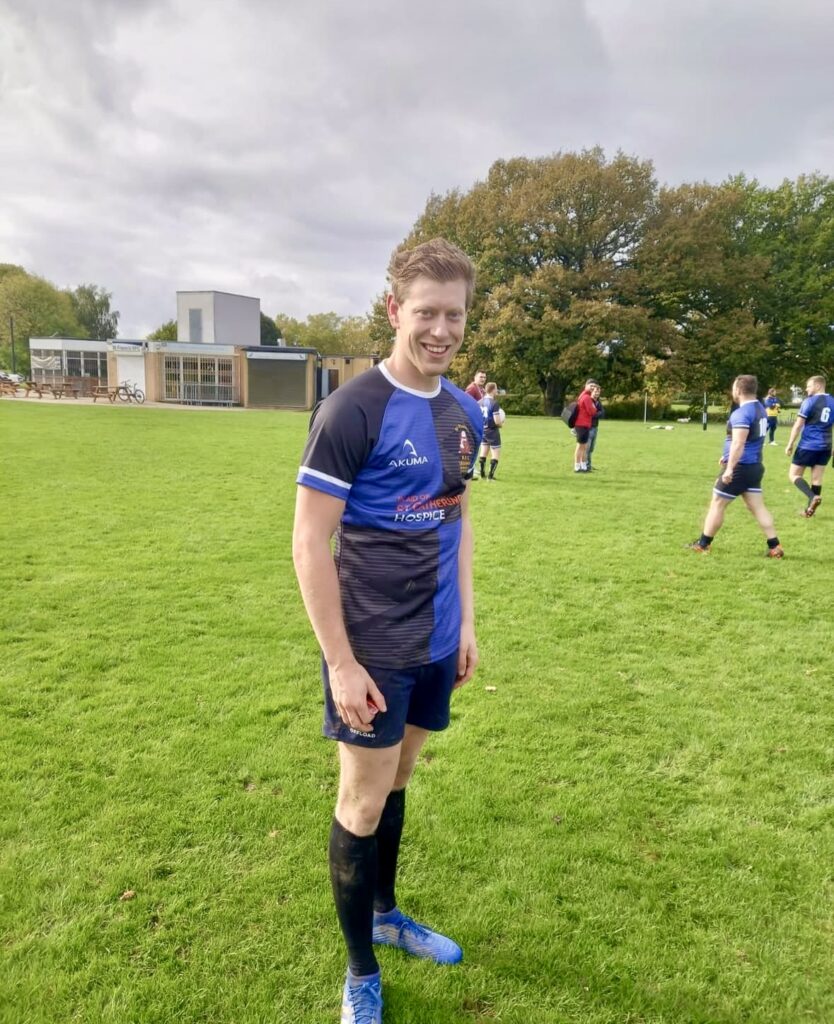
In 2023, Graves started training to compete in ultra endurance events and he often posted about his progress online. He noted that his ability to lock in and ‘hyper-concentrate’ benefited his training: “Being autistic has definitely aided my sporting ability. I’m able to sit indoors for hours on my bike with nothing else going on. For me, my brain says, ‘you’ve got a four-hour bike session today, and you need to do it’.
“Within my coaching, the attention to detail and the statistical side that I can remember, is something that I’m getting into now. In my second spell at Crawley, they used to call me ‘Matt the Stat’.
“When I was at Southampton, the manager said: ‘on average, how often do people spend on the ball in the game?’ ‘It’s one-minute-fifty-five per 90 minutes’, I said. Remembering stats from set pieces and how we concede is the biggest element of something that I can bring to my coaching.”
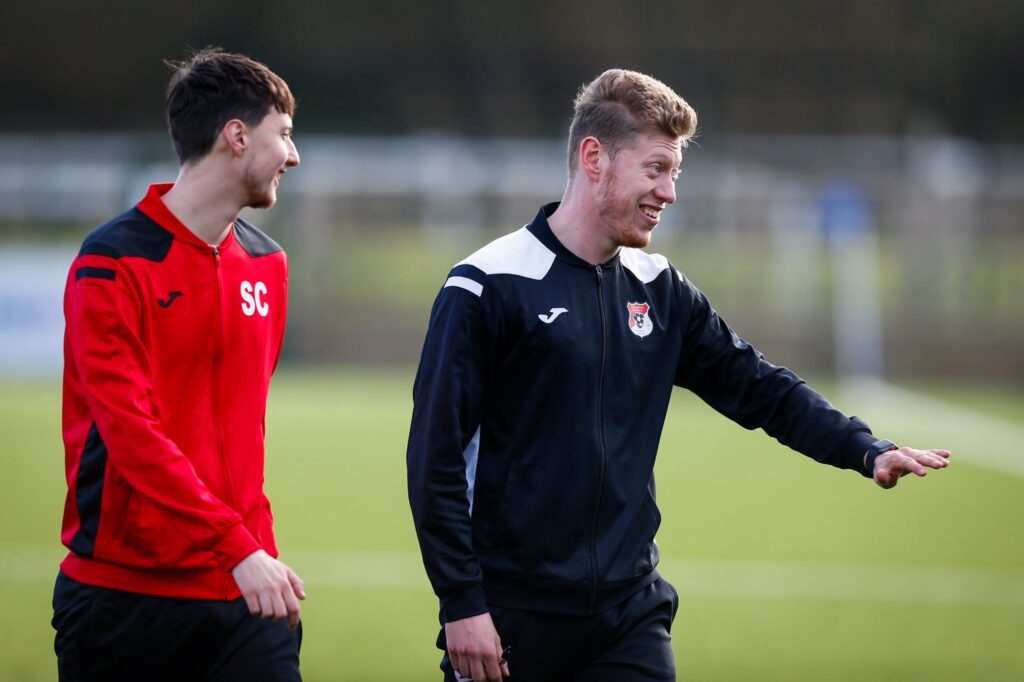
Working at Worthing FC in the South West division as his experience continues to grow, and with a full diagnosis settling his mind, I started to pull some deeper answers out of him.
“We’re not so different that you shouldn’t treat us like humans. There should be more CPDs (Continuing Professional Development) for coaches. The biggest thing that I was worried about with my diagnosis was people not treating me like a human anymore.”
We agreed: “There needs to be a happy medium of asking for accommodations to be put in place for myself but still treating me the same. It used to take me a bit longer to understand things because I got information overload. If people can get a better understanding of what ASD is, and the fact that it isn’t just a one-size-fits-all model, then that is something that could be a huge beneficial change for autistic individuals in sport.
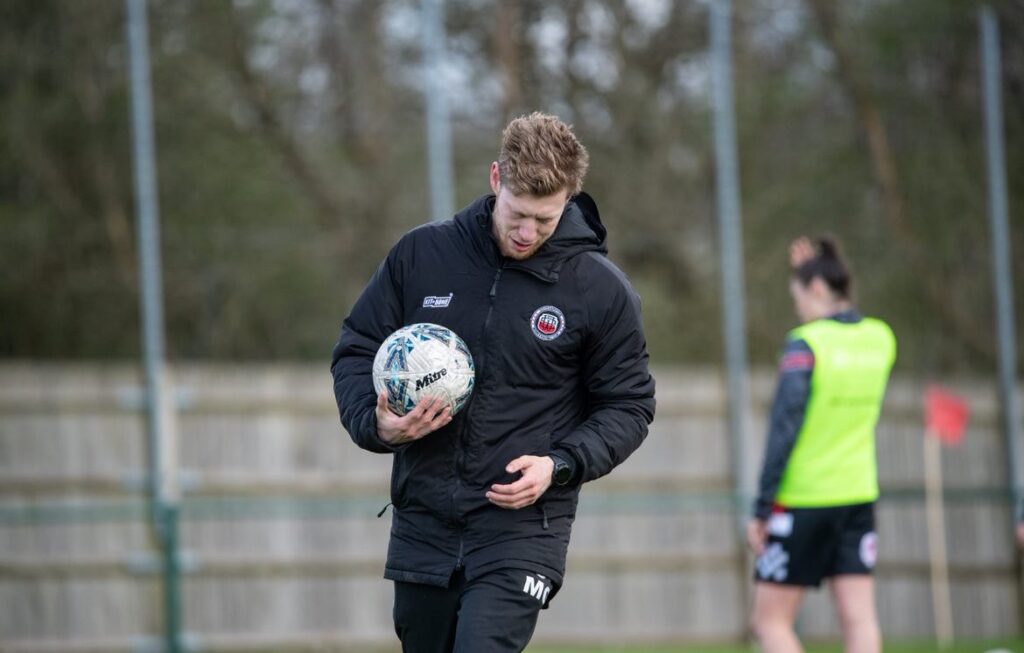
“Bloody hell!” he exclaims through my laptop screen, “I have thought a lot about what I would say to 15-year-old Matt, more so with my life now after cricket.”
His conclusion?
“Difficult times are coming. Keep being you. Keep trusting the process, and you’ll get through it.”
I asked, finally, what would be one thing he would want people to better understand about what it is to be neurodivergent.
“That we’re still human, and you don’t need to go above and beyond to treat us differently. Little changes in how you speak and how you act is more than fine. You don’t need to look down on us.
“We are still human, and we are still a person.”
This feature is part of a collection, titled: Non-visible disabilities in mainstream sport
Feature 1: El Reid | On The Ground
Feature 2: Beth Dobbin | The Things You Don’t See
Feature 3: Elinor Barker | Stay On Track
Feature 5: Emma Whitlock | Mind Minefield
